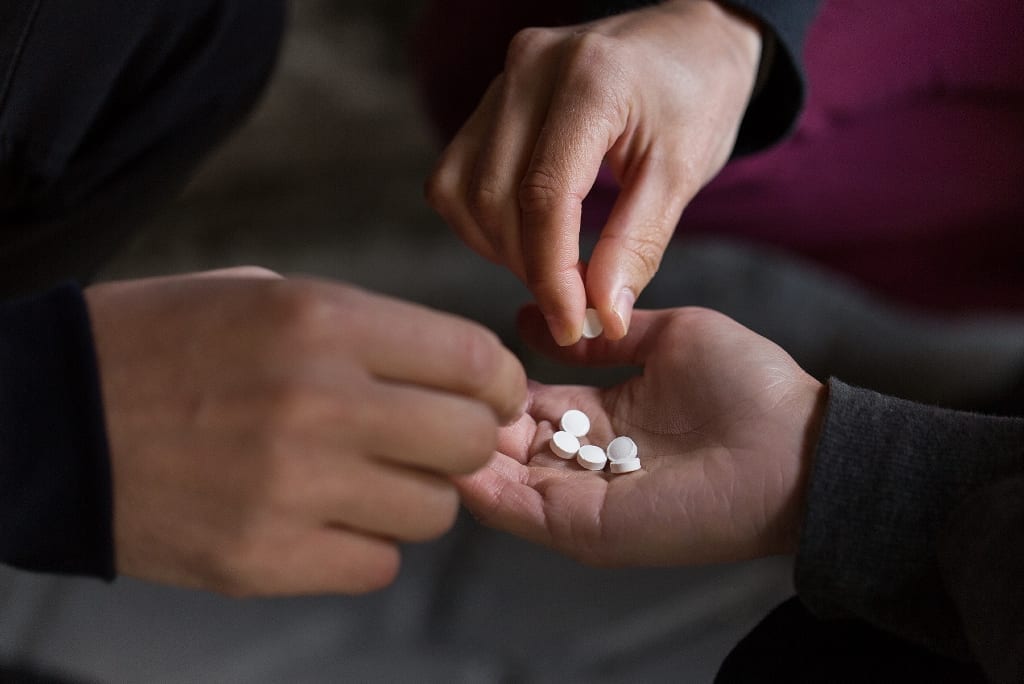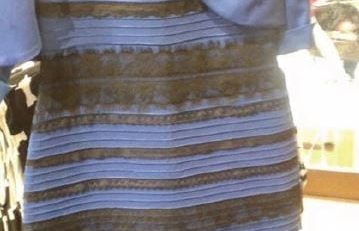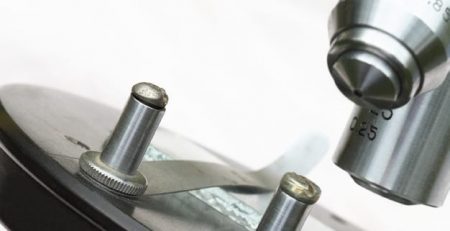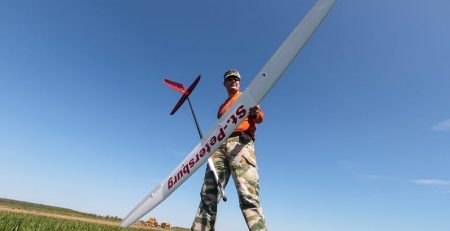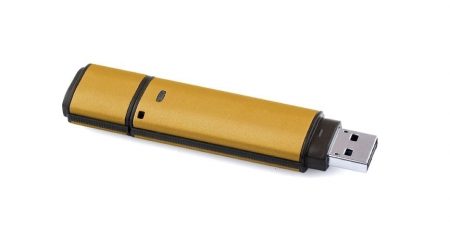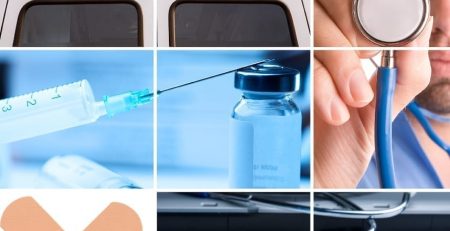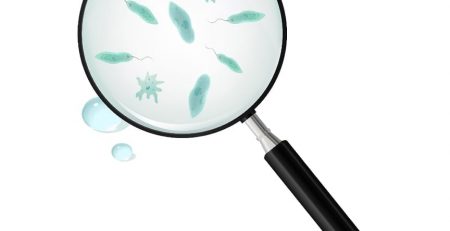Researchers Uncover New Way to Predict Teenage Drug Use
An international team of researchers believe they’ve uncovered a new way of predicting potential teenage drug use. A study recently published in Nature Communications outlines how simply examining MRI scans of teenagers brain activity could be reveal potential indicators.
Previous work by the same team examined whether or not “impulsiveness and other ‘novelty seeking’ personality traits were associated with future use of recreational drugs” IFLScience.com reported. After administering behavior tests to 1,000 14-year-olds the researchers followed up with the participants 2 years later to determine whether or not they had taken drugs. They determined they could “accurately predict when two-thirds of the 14-year-olds would go on to abuse drugs within those two years.”
For this last study, the team administered questionnaires and behavioral tests to 144 adolescents to see if they could identify a link between “novelty seeking” behavior and future drug-use. The study participants were placed under an MRI scanner and asked to play a “Monetary Incentive Delay Task.” The test shows players how many points they stand to win, which allows participants to “anticipate future rewards,” which typically creates activity in the rewards center of the brain. The team found that teenagers who use drugs “had a decreased amount of activity in these reward centers when anticipating a reward.” They hypothesize that this meand that either the drugs suppress activity in this area of the brain, or that this lack of activity leads to drug use.
“In theory, this means you could look for activity in these reward centers and predict whether an adolescent is at risk of taking drugs in the following few years,” Tom Hale writes.
While more research needs to be done, the researcher are confident this could potentially lead to this ultimate goal of clincially diagnosing individual patients.




